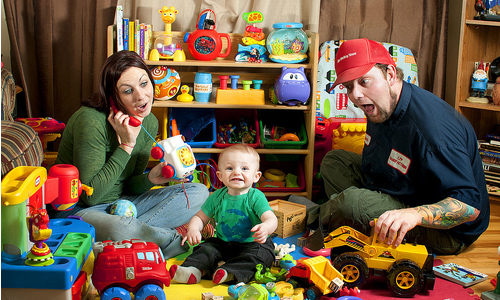
The Social Impact of Gambling
Gambling is the act of placing a bet on an uncertain event, with the hope of winning something of value. This activity can take many forms, from the purchase of lottery tickets to playing poker. It can be both a recreational activity and a source of income, depending on the skill level of the gambler. Problem gambling can lead to a variety of adverse impacts on individuals, their families and their communities. These negative effects include financial, labor and health and well-being impacts. These impacts are observed at the personal, interpersonal, and community/society levels (Fig 1).
Problem gambling is associated with an array of psychological and social consequences, including denial, impaired judgment, cognitive distortions, mood disorders, and a desire to experience high-risk behavior. These factors are often exacerbated by the media’s portrayal of gambling as fun, sexy, fashionable, and glamorous, which can cause people to think that their problems are not as serious as they really are. In addition, the risk of losing money can make people feel that they have lost a sense of control over their lives.
There are a number of factors that can contribute to a person’s decision to gamble, such as social interaction at gambling venues, advertising, and the presence of friends or family members who also gamble. People may choose to gamble as a way to pass the time, to relieve boredom, or as a means of escape from their daily problems. Many people who engage in gambling do so because of the positive feeling they get when they win, as well as the euphoric sensation that occurs when you are doing something that you enjoy. The dopamine produced by the brain makes this activity extremely addictive, which is why it is important to keep your gambling in check.
The cost of gambling is a multi-faceted one, ranging from government spending on gambling regulation and treatment services to the cost of the actual gambling activities themselves. These costs can have long-term implications on the society and economy. These costs also come with a significant amount of human capital, such as the knowledge and skills required to conduct gambling activities.
One of the main challenges for research on gambling is determining what portion of its impact can be attributed to social costs and benefits. This is because a broad range of stakeholders have different perspectives on the issue, including research scientists, psychiatrists and other treatment care clinicians, public policy makers, and interested community groups. These different perspectives are influenced by disciplinary training, world views and personal experiences. As a result, they tend to frame issues of gambling differently and use different nomenclatures. This can create confusion and lead to misreporting of the extent of the negative social costs of gambling.


